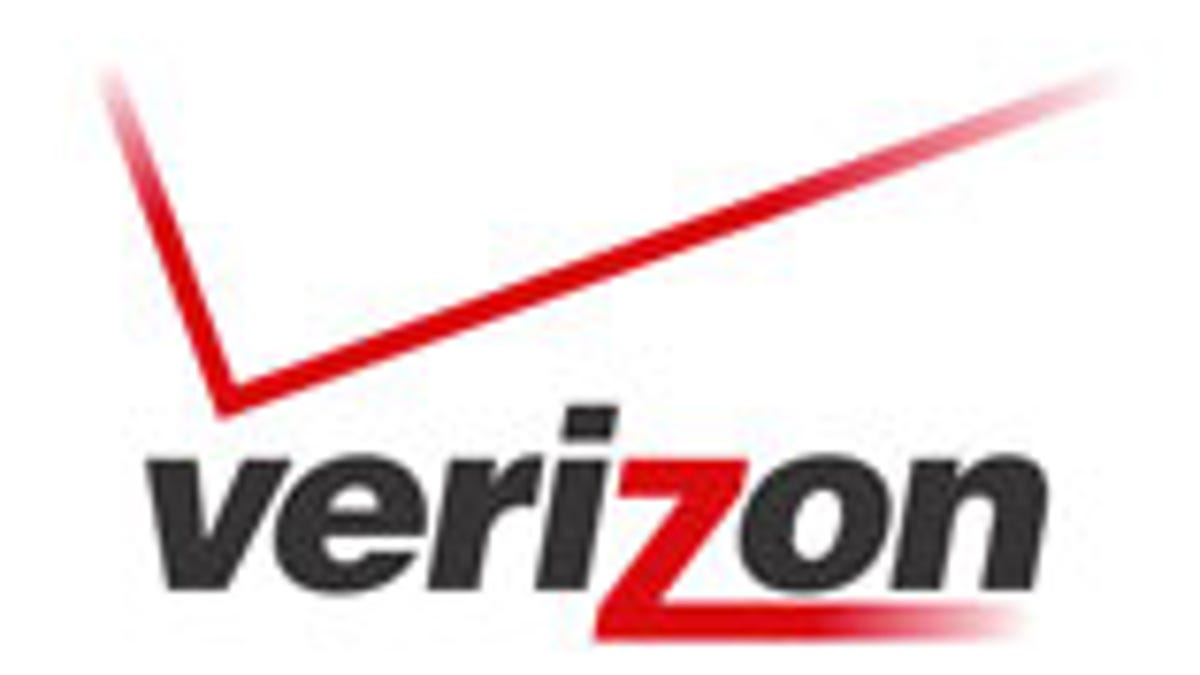Complaint to FCC: Verizon mustn't bar 4G tethering
Free Press argues that carrier's move to keep tethering apps off the Android market violates its promise not to limit LTE customers' apps and devices.

An advocacy group has filed a complaint with the FCC that argues Verizon Wireless shouldn't be allowed to block tethering apps that let people connect their computers to the Internet through their phones' 4G wireless data network.
"This practice restricts consumer choice and hinders innovation regardless of which carrier adopts such policies, but when Verizon Wireless employs these restrictions in connection with its LTE network, it also violates the Federal Communications Commission's rules," said the advocacy group, Free Press, in its complaint to the FCC yesterday. Those rules say Verizon "shall not deny, limit, or restrict the ability of their customers to use the devices and applications of their choice," Free Press said.
The move spotlights the tensions of today's mobile phone business. On the one hand, consumers are excited by all the new things their smartphones can do and now are paying hefty monthly subscriptions. On the other, carriers are worried about paying for the networks to support those uses, trying to maintain service quality, and keeping shareholders happy.
Google has made tethering apps unavailable through the Android Market for some phones that use wireless services from Verizon, AT&T, and T-Mobile. Google said in May it did so at the behest of carriers.
Carriers offer tethering services for an extra monthly subscription fee--$20 for AT&T and Verizon, and $15 for T-Mobile.
A faster 4G network, of course, makes tethering a more useful service for those who want to check e-mail on a computer with a full-size keyboard, watch videos online with a larger screen, or upload photos to Facebook. In effect, it can turn a phone into a wireless access point that multiple devices can use.
Android users still can download tethering apps if they set the phone to accept software from sources beyond the Android Market and download those apps from Web sites.
Verizon is leading the charge to LTE, or Long-Term Evolution, the leading 4G wireless networking technology that's just beginning to arrive across the globe. Verizon won an auction in the United States to use the 700MHz band of electromagnetic spectrum to offer its LTE service.
Verizon didn't immediately respond to a request for comment.
More specifically, Free Press said:
By asking Google to remove tethering applications from the Android Market, Verizon violates the rules under which it operates its LTE network. When the FCC auctioned the C Block of the Upper 700 MHz spectrum--the spectrum on which Verizon has deployed its LTE offering--the Commission adopted important license conditions to protect the openness of broadband networks. It provided that licensees using that spectrum "shall not deny, limit, or restrict the ability of their customers to use the devices and applications of their choice." In the words of Chairman Kevin Martin, the Commission adopted the conditions to ensure that "consumers will be able to use the wireless device of their choice and download whatever software they want onto it...."
Tethering software exists solely to help users easily attach additional devices, such as laptop computers, tablets, or digital cameras, to the network. These devices (and innovative new ones that have not yet made it to market) are the successors to the cordless phones and fax machines of yore. Without tethering applications, users would have to buy separate wireless connections for each of their devices--much as if a consumer were required to pay for a separate residential telephone connection for his fax machine, his dial-up modem, and his cordless telephone....
If Verizon makes it difficult for users to gain access to free or low-cost tethering applications, it can charge users an extra $20 per month for the privilege of using Verizon's own tethering application...
If the Commission's openness rules are to have any meaning, the FCC must act quickly to investigate Verizon's indiscriminate and arbitrary blocking of tethering applications.
For the full text of the complaint, see below.

